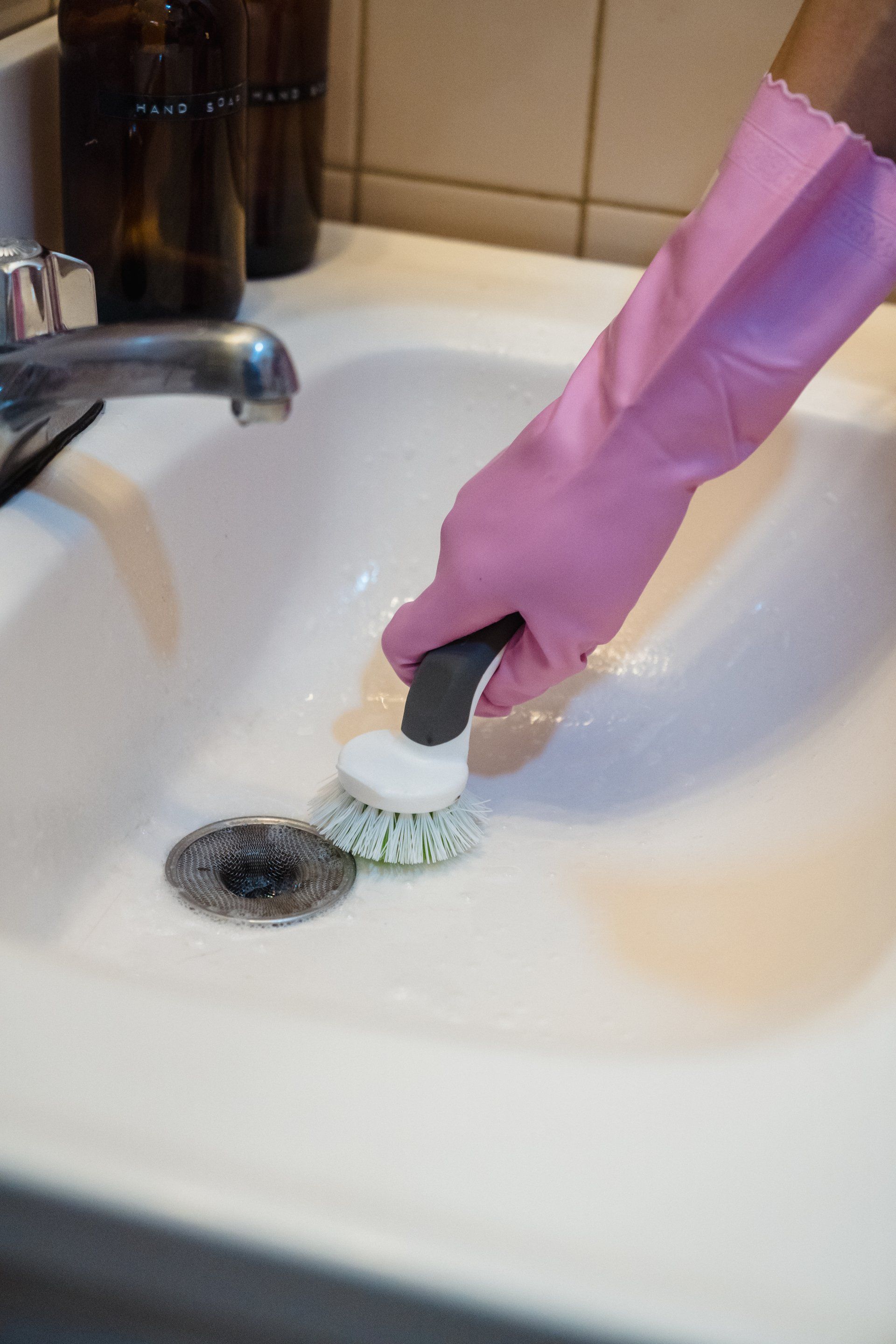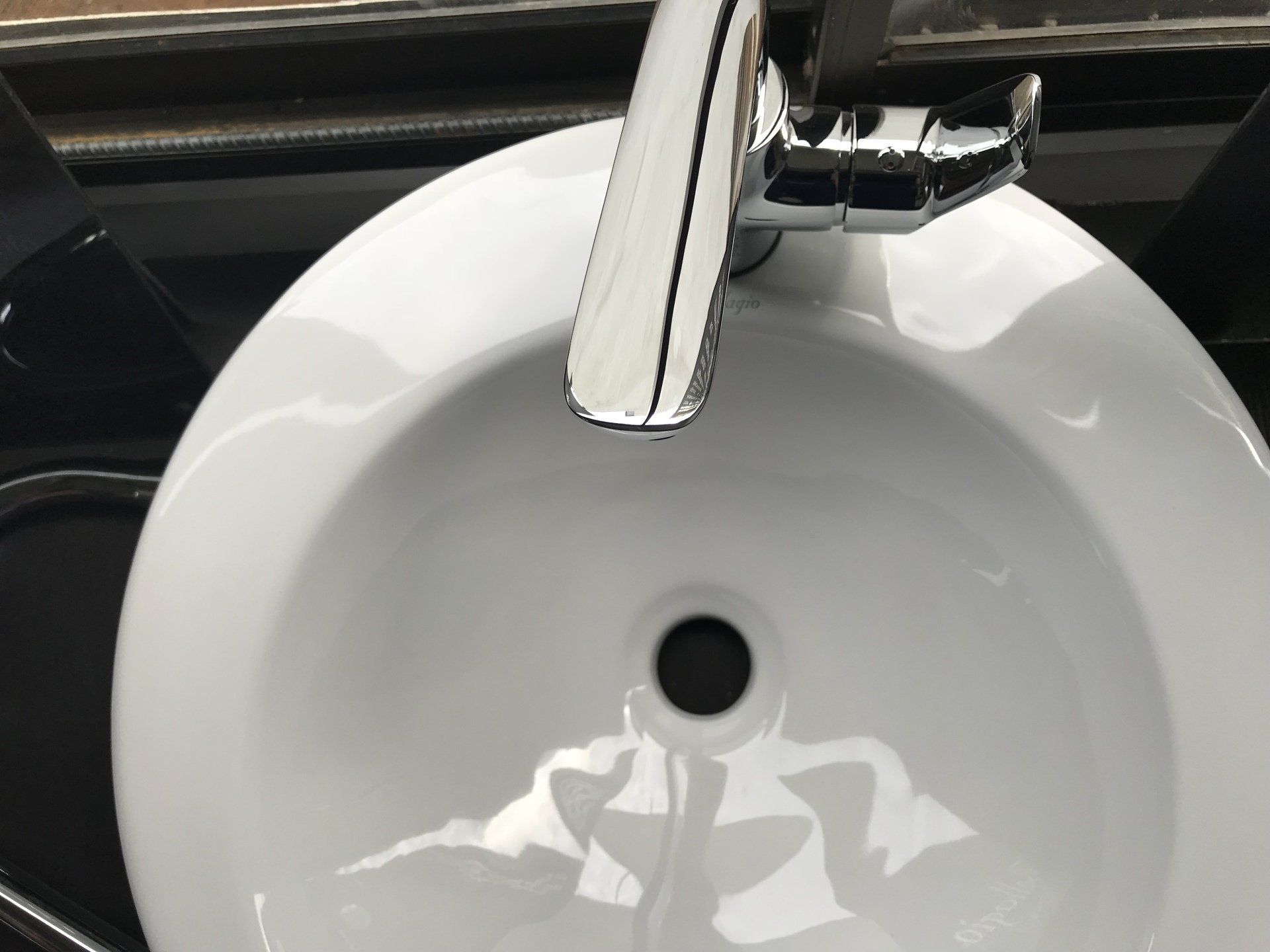Avoiding pouring FOG (Fats, Oils, Grease) into the kitchen sink
Avoiding pouring FOG (Fats, Oils, Grease) into the kitchen sink
When we advise our clients to be cautious with FOG, we don't only think of driving—we refer to the kitchen. The act of pouring fats, oils, or grease (FOG) into the kitchen sink could cause harm to your plumbing and your bank balance. The solidified substances could clog your pipes, which can lead to obstructions.
Let's look at why dumping kitchen grease or cooking oil in the kitchen drain or any drain isn't a great decision and what you should take instead.
What happens when the grease flows to the drain?
The oil, fat, or grease that you pour down in the kitchen begins as a liquid, but it doesn't stay like that for long. Within a few minutes, the grease cools and then solidifies in your pipes.
Since the grease is solid, it's now a snare to other substances that find their way into your pipes, including leftover food scraps. In the end, this slow stoppage could become annoying as you'll notice that your sink is beginning to run slower. In some cases, it could cease to drain completely.
If you think, "Alright, if the kitchen isn't so good, I'll pour then flush all the oil down the toilet." You should definitely avoid what appears to be an alternative plan of action. Similar to the kitchen, spilling grease down the toilet can (you probably guessed it) cause it to solidify and block the sewer line.
How can I eliminate cooking fat properly?
What's the best way to dispose of grease in the kitchen sink or toilet drain? That's easy. Allow the grease to become solid and cool. Then, dump it in the garbage bin. Cleaning up can be messy, so be sure to wipe any greasy areas with a thorough clean-up.
Cleansing out a grease blockage in the kitchen sink
If you suspect that you've got an obstruction caused by grease in the kitchen sink, try breaking it up using baking soda, vinegar, and then hot water. Grease clogs can be incredibly stubborn, if this approach isn't working the next step is to contact a professional.
Get a
FREE Quote
You might also like



